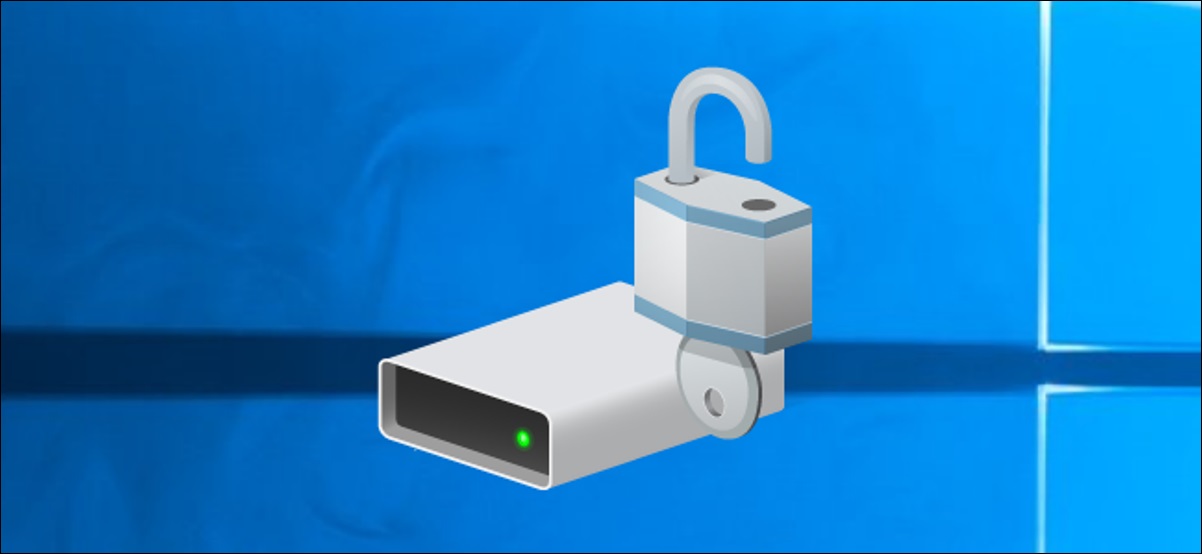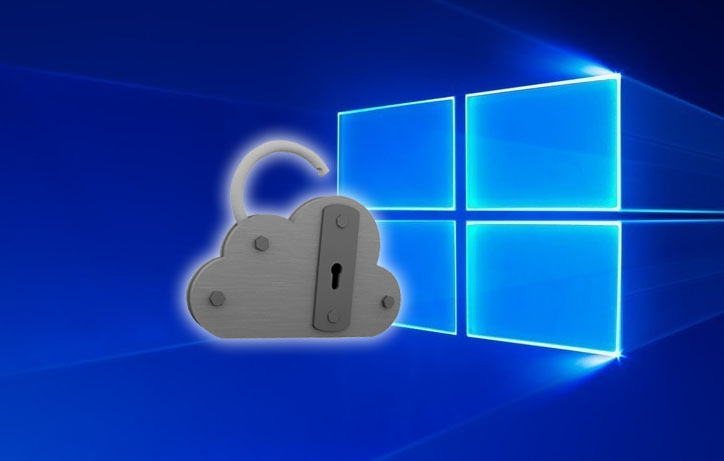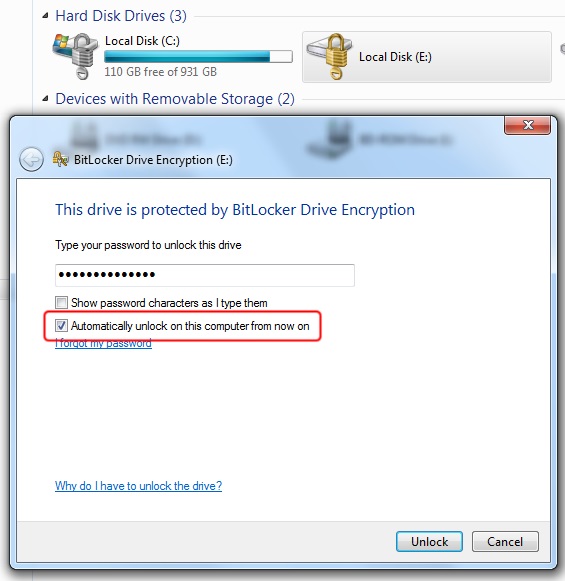Bitlocker is a function that windows contains to protect user data and that works with an access key, on some occasions it is possible that said key is forgotten or lost, that is why this brief article is going to show you where find Bitlocker recovery key for the different versions of Windows.

Find Bitlocker recovery key
Bitlocker is an encryption product developed by Microsoft and created to protect the data that a user has stored on a Windows system. This feature works with a recovery key, which is generally used when there is a problem with Bitlocker, which means that if the user cannot find the Bitlocker recovery key, they will not be able to access their system.
It is normal that currently there are users who do not know what the Bitlocker recovery key is, this is because they do not use this function or have never heard of it, however it is always good to have all the tools that Microsoft puts at our disposal. disposition, so it is important to know some basic details about this:
- Since the Bitlocker function is a Microsoft encryption security product, there are some (Dell) devices that do not store or have the ability to generate a recovery key, for example “Dell” brand devices. These cannot fix the Bitlocket service key recovery procedure as this type of equipment (Dell) is not encrypted when shipped from the factory.
- Likewise, it is possible to know more details about Bitlocker encryption and how it is activated on Dell systems by consulting the knowledge base article KB124701 - Automatic Windows Device Encryption/BitLocker on Dell Systems.
Bitlocker is available on most Microsoft Windows operating systems, so it is important to clarify in detail how the recovery key to access this service can be found on each of these.
Storage options for Bitlocker recovery keys
Generally, recovery keys are stored in different ways depending on the version of Windows that is installed. Below we will present each of the compatible options to save a key for each version of Windows, which will be ideal to speed up the process of finding the Bitlocker recovery key that has been stored (if there is one):
For Windows 7:
In the case of this operating system, one of the most commonly used:
- The Bitlocker recovery key can be saved to a USB flash drive. For this you need to plug the USB flash drive into the locked computer and follow the instructions. In case the password was saved as a text document on the USB drive, another computer must be used in order to read the document.
- The recovery key can be saved as a file on a network drive or any other location.
- This recovery key can also be in physical format (printed on a piece of paper).
For Windows 8 and 8.1:
To obtain the recovery key in windows 8 and 8.1 by doing the following:
- The recovery key can be saved directly to the user's Microsoft account. For this, a Microsoft account must be accessed from a different system to recover the password.
- This Bitlocker recovery password can be saved to a USB flash drive. For this you need to plug the USB flash drive into the locked computer and follow the instructions. In case the password was saved as a text document on the USB drive, another computer must be used in order to read the document.
- The recovery key can be saved as a file on a network drive or any other location.
- This recovery key can also be in physical format (printed on a piece of paper).
For Windows 10:
In the case of Windows 10, being the most recent operating system from Microsoft, all of the following are possible:
- Bitlocker recovery password can be saved to a USB flash drive. For this you need to plug the USB flash drive into the locked computer and follow the instructions. In case the password was saved as a text document on the USB drive, another computer must be used in order to read the document.
- The password can also be saved to the user's Microsoft account, and they can later access their Microsoft account from another computer to retrieve it.
- In this case, the Bitlocker key can also be saved in an Azure Active Directory account. Especially for work teams that sign in using an Azure Active Directory account, to find your Bitlocker recovery key you can look at the device details for your Microsoft Azure account.
- The recovery key can be saved as a file on a network drive or any other location.
- This recovery key can also be in physical format (printed on a piece of paper).
Information to keep in mind:
Saving the password as a file is the method most often used by users. At the same time, this can cause recovery problems when the file is stored on the same system drive that you want to recover, which is why in this case it is best to save it on a network drive or any other device. physical disk to prevent hard disk corruption from interrupting Bitlocker password recovery.
This applies to both the Bitlocker recovery key in Windows 10 and any other version.
In the event that the Bitlocker password is not found and cannot be recovered because the drive cannot be unlocked by other means, the only viable option to get the system back up and running is to reinstall the operating system. Said reinstallation must be done with great care, so as to avoid erasing all the data, files, elements, programs and configurations that are on the encrypted hard drive.
If our article has been helpful to you, you may want to know more similar content, for this we share some of the most recent articles from our blog:
Know in this guide: How to Know Who is Connected to my Izzi Network?
Learn here to change password and user of Cisco router modem.




